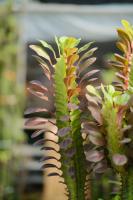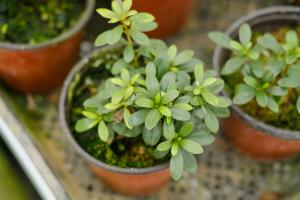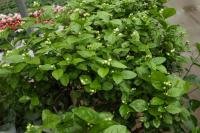1、 Origin introduction
The origin of jasmine tea is mostly in the south of China. Hengxian County in Guangxi, Fuzhou in Fujian, Jinhua in Zhejiang, Suzhou in Jiangsu and many areas in Sichuan are famous production places. Varieties include longtuanju, Zhenghe silver needle, Jinhua jasmine, Bitan floating snow and so on
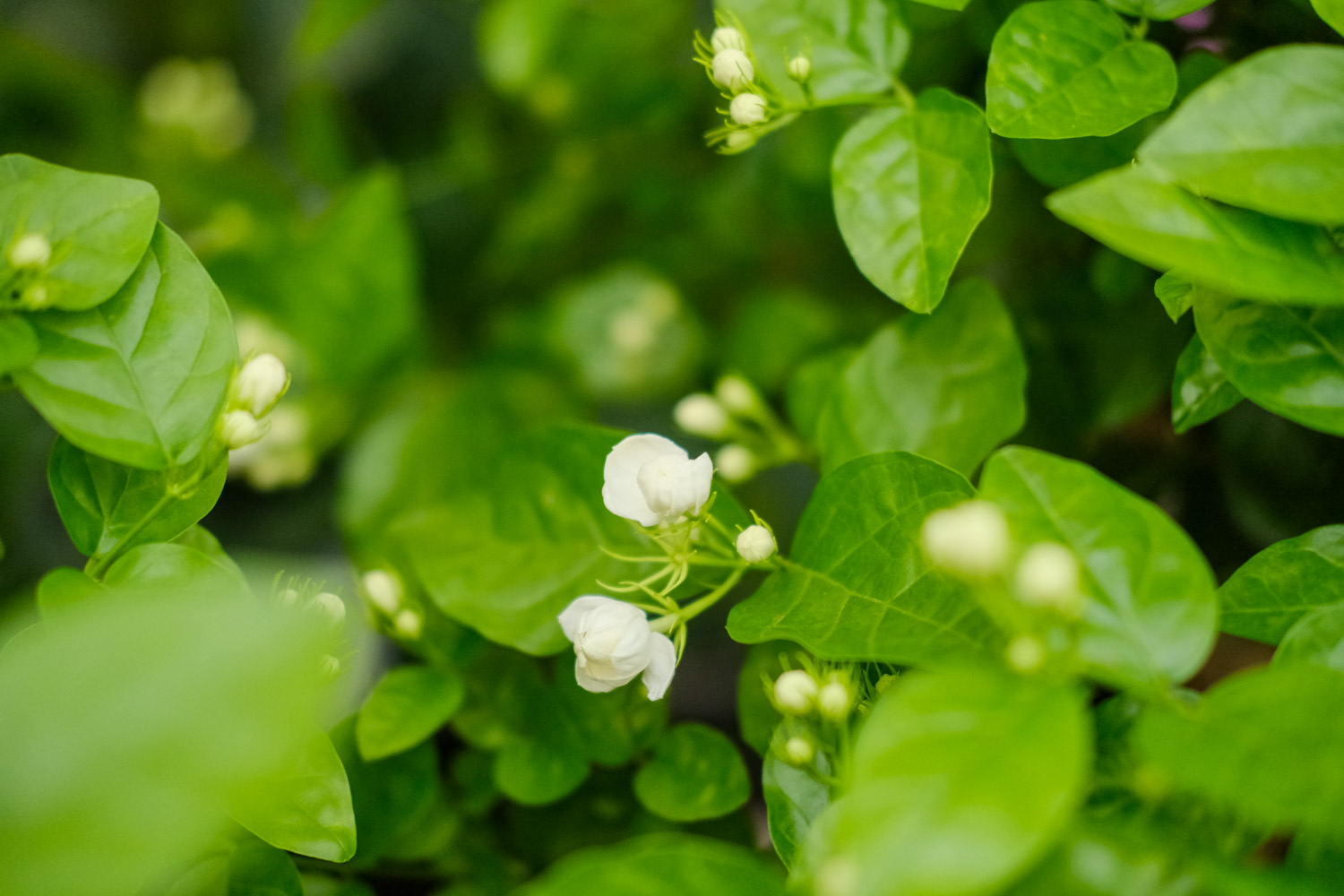
2、 Purchase suggestions
1. Look at the shape: the superior jasmine tea selects the tender bud fried tea. They are generally long and full, with a lot of pekoe. Tender buds are the characteristics of top-grade tea. Good tea only uses tender buds, and those with leaves are a little less. If they are all leaves, they are relatively low-grade
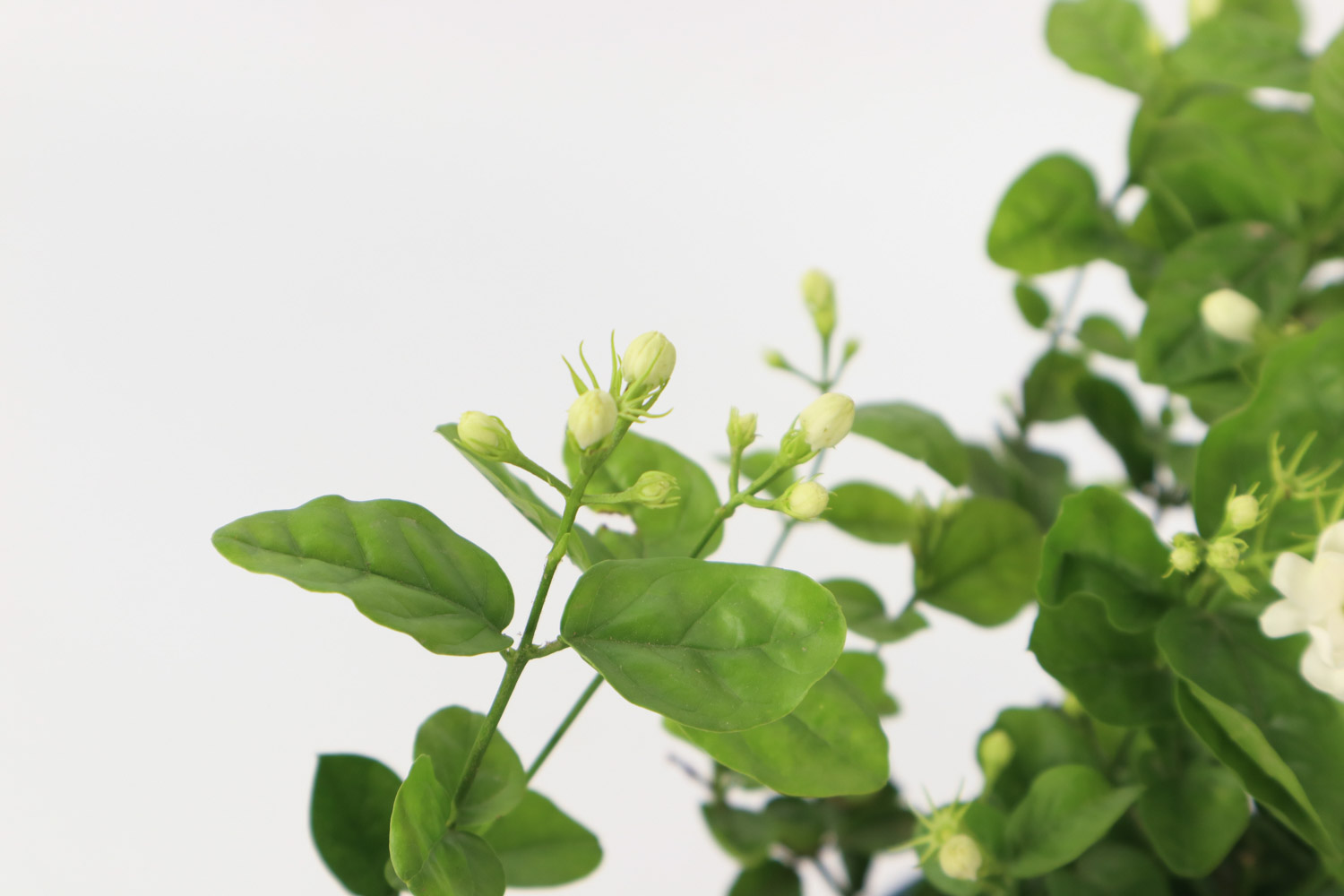
2. View the color of the soup: take 3 grams of jasmine tea and brew it, and add 150 ml of boiling water. Take a look at the color of the tea soup after brewing for three minutes. If the color is yellow and bright, it means it is top-grade. If the color is red and dark, it means the quality is average
3. Smell: the prepared tea party emits tea fragrance. If the aroma is strong and does not rush the nose, and the aroma is relatively long-lasting without any peculiar smell, it means that it is a relatively good tea
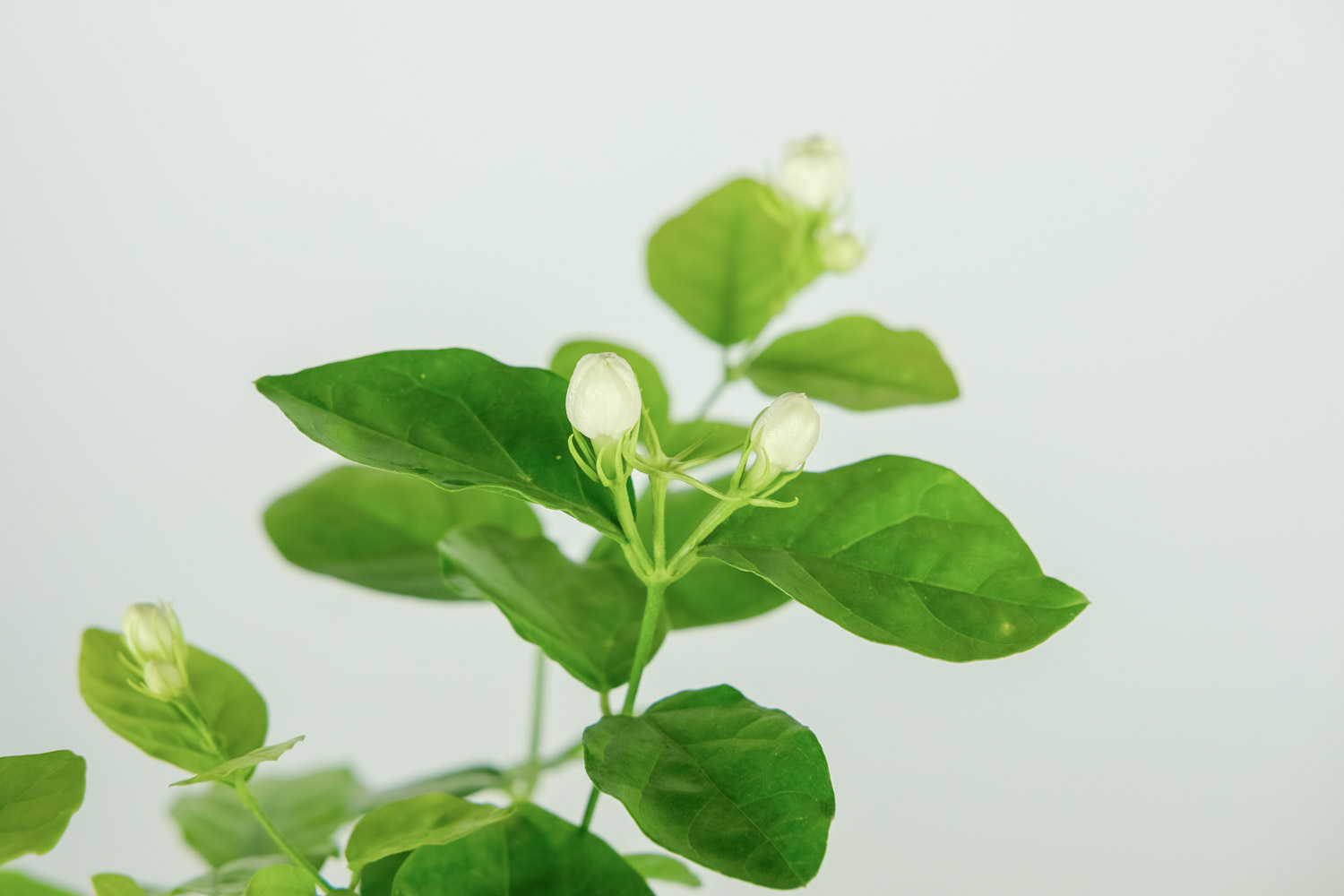
4. Taste: the taste is the key to the quality of jasmine tea. Good tea tastes soft, not bitter or astringent, and there is no peculiar smell. On the contrary, if it is bitter, it means that tea is too bitter

 jackfruit
jackfruit snake plant
snake plant hibiscus
hibiscus hydrangea
hydrangea lavender
lavender Green roses climb al...
Green roses climb al... If you don't pay att...
If you don't pay att... Management of four g...
Management of four g...

